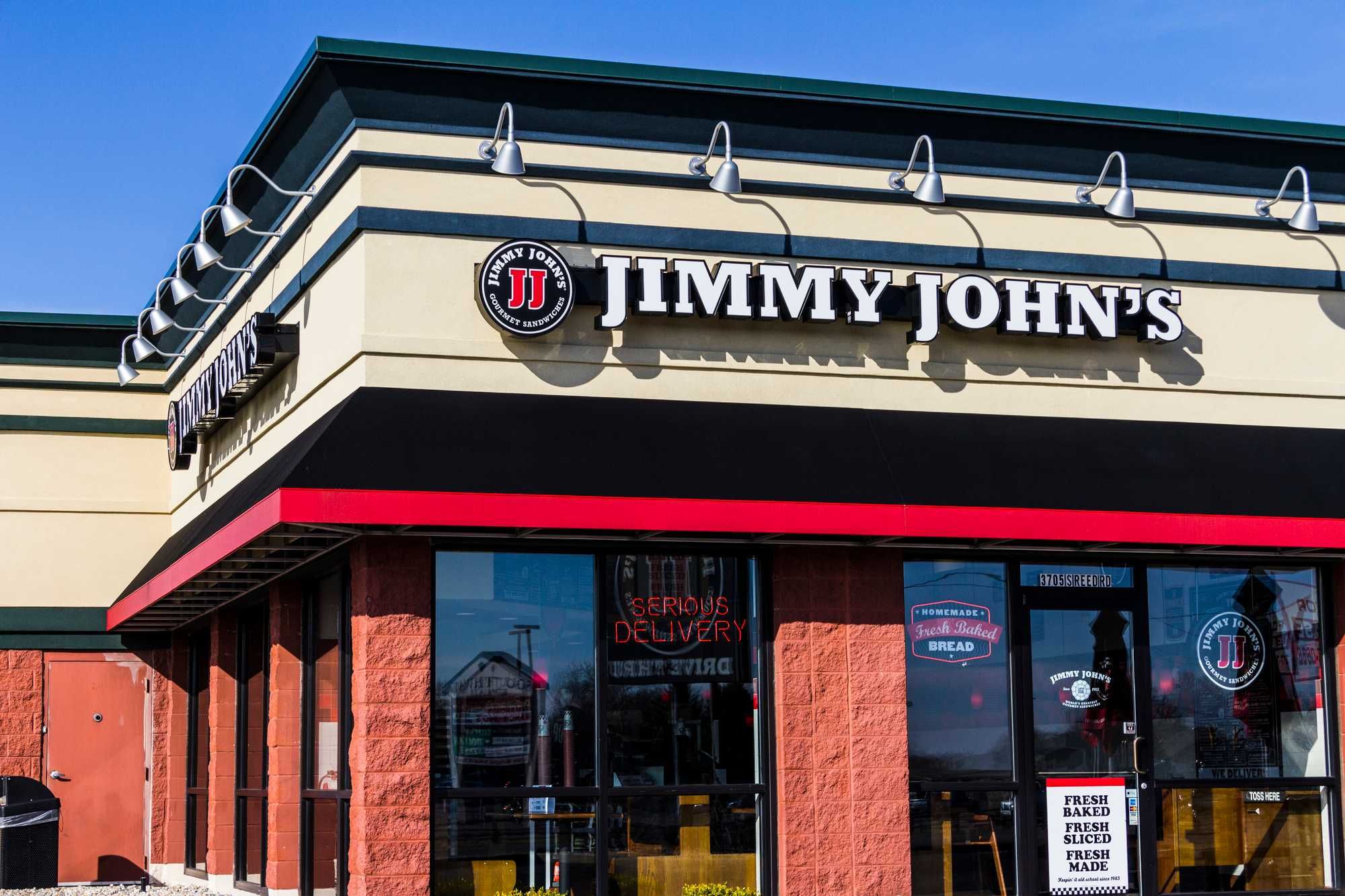
Jimmy John’s has filed a motion in opposition to Class certification in a lawsuit challenging the company’s alleged no poaching employment agreements.
Plaintiff Donald Conrad claims that the franchises of the restaurant orchestrated a conspiracy among its owners to suppress the wages of more than 550,000 employees by agreeing not to hire each other’s workers. Conrad is seeking to represent a nationwide Class of every employee who worked at a Jimmy John’s restaurant for a period of four years.
The defendant argues in its motion that there are “intractable intra-class conflicts” between Conrad the Class Members that he would like to represent as well as between the employees within the Class.
Jimmy John’s says that the proposed Class includes entry-level in-shoppers and drivers along with the management-level employees who are responsible for hiring, paying, and promoting them. Because of these conflicts in Class definition, Jimmy John’s argues that these intra-Class conflicts preclude the certification of the Class.
In addition, Jimmy John’s alleges that the fundamental legal question, whether the operators of the Jimmy John’s restaurants agreed to suppress wages by not soliciting and hiring each other’s employees, cannot be litigated via common proof. The defendant explains that there is “settled precedent” that these sorts of arrangements between a franchiser and a franchisee cannot establish an unlawful conspiracy involving all franchisees.
To be sure, Jimmy John’s claims in recent legal news that the court would be the first in history to certify a Class in a litigation alleging an antitrust conspiracy among its franchiser and its franchisees coming out of a clause in their franchise agreement.
Jimmy John’s says that Conrad’s theory also depends on the “fiction” that all owners and operators acted in the same manner, uniformly adhering to the section of their franchise agreements not to poach employees from one another.
In fact, Jimmy John’s explains, many Class Members worked for franchises that had no actual awareness of the existence of the alleged conspiracy.
Jimmy John’s notes that other proposed Class Members have worked for franchises with varying franchise agreements and different hiring and recruiting practices. Also, the defendant argues that other employees worked for franchises who never sought to enforce that section of the franchise agreement, nor had it enforced against them.
“Simply put, Plaintiff has identified no classwide proof of a ‘meeting of the minds’ by all operators of Jimmy John’s restaurants necessary to establish the alleged conspiracy,” the motion goes on to say.
Determining whether any given franchise joined in on the conspiracy would demand individualized inquiries, which would make any Class trial unmanageable.
Jimmy John’s also claims that powerful testimony from 19 franchises and 10 current and former employees illustrates the varied universe of practices and experiences with respect to recruiting, hiring, and pay at Jimmy John’s stores across the country.
“Taken together, the entire record illustrates not only the baselessness of Plaintiff’s core theories of conspiracy and impact, but also how they cannot possibly apply in the aggregate across a four-year class of over 550,000 employees who worked at almost 3,000 Jimmy John’s restaurants in 43 states, for nearly 800 different franchisees,” Jimmy John’s states in its opposition motion.

The plaintiff states that the restriction on movement allows the network of franchises to drive down employee wages and gain control over their workers’ opportunities of employment.
Allegedly, the penalties for any franchise that breaks the no poach agreement are high.
If a franchise violates the agreement, they could have their franchise terminated and be liable to the corporate company for up to three years of royalties, plus a $50,000 penalty if the poached employee is in a management position.
The Jimmy John’s class action lawsuit states that approximately 98% of the brand’s restaurants are franchise businesses that are independently owned and operated as separate and distinct entities from Jimmy John’s.
“As part of its system to maintain its significant competitive advantage, Jimmy John’s franchisees, at the direction of and with the assistance of Jimmy John’s itself, have together colluded to suppress the wages and employment opportunities of the restaurant-based employees who work at Jimmy John’s franchise locations throughout the United States,” states the class action lawsuit.
The franchise agreements were allegedly orchestrated by the corporate company but, according to the plaintiff, are also matched by an agreement between and among the independently owned and operated franchises.
Are you an employee of Jimmy John’s and have been stifled because of the franchise agreements? Leave a message in the comments section below.
The plaintiff is represented by attorneys Derek Brandt, Richard McCune, Michele Vercoski and Joseph Sauder of McCune Wright Arevalo LLP.
The Jimmy John’s No-Hire Agreement Antitrust Lawsuit is Butler v. Jimmy John’s Franchise LLC, et al., Case No. 3:18-cv-00133, in the U.S. District Court for the Southern District of Illinois.
ATTORNEY ADVERTISING
Top Class Actions is a Proud Member of the American Bar Association
LEGAL INFORMATION IS NOT LEGAL ADVICE
Top Class Actions Legal Statement
©2008 – 2026 Top Class Actions® LLC
Various Trademarks held by their respective owners
This website is not intended for viewing or usage by European Union citizens.














